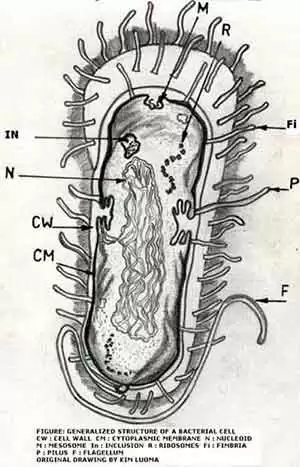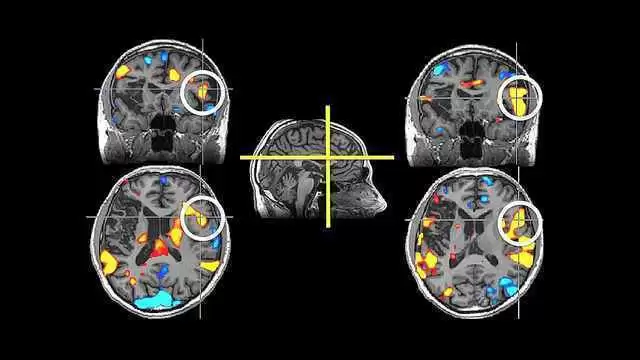
Celiac.com 08/31/2017 - A possible mechanism behind the cause of refractory celiac disease and why fecal transplantation (fecal microbiota transfer) may provide a cure was presented in "Synthetic Stool May Advance Fecal Transplant Therapy for Celiac Disease" 02/13/2013.[1] In September 2016, the article "Serendipity in Refractory Celiac Disease: Full Recovery of Duodenal Villi and Clinical Symptoms after Fecal Microbiota Transfer" was published in the Journal of Gastrointestinal and Liver Disease[2] describing the first known case of refractory celiac disease cured by a fecal transplant. The patient in that case was being treated for a recurrent Clostridium difficile infection. This very important milestone article somehow missed the light of the news media at that time.
The 68-year old woman patient was a 10-year diagnosed victim of refractory celiac disease on a gluten-free diet. On admission for treatment of severe diarrhea, the patient exhibited Marsh IIIA villous atrophy. The patient was already receiving on-going treatment for refractory celiac disease with drugs. Additional drugs and antibiotics were given to treat the diarrhea. Eventually, the patient tested positive for C. difficile. Antibiotics were ineffective to treat the recurrent C. difficile infection. A fecal microbiota transfer was then performed. The C. difficile infection and diarrhea resolved, and, 6 months after the fecal transplant, villous atrophy resolved and went to Marsh 0. All symptoms of refractory celiac disease were eliminated. The patient remains symptom free on a continuing gluten-free diet.
Celiac.com Sponsor (A12):
The case clearly demonstrates the need to fully investigate the use of fecal microbiota transfers to treat celiac disease. As suggested in my earlier reference[1], a standardized synthetic stool should be developed to enable full scale clinical trials. Also a full scale research effort into completely healing and restoring the intestinal mucosa with the novel protein R-spondin1 needs to be funded and restarted.
Sources:
-
1. Synthetic Stool May Advance Fecal Transplant Therapy for Celiac Disease.
Roy S. Jamron.
Celiac.com 2013 Feb 13. -
2. Serendipity in Refractory Celiac Disease: Full Recovery of Duodenal Villi and Clinical Symptoms after Fecal Microbiota Transfer.
van Beurden YH, van Gils T, van Gils NA, Kassam Z, Mulder CJ, Aparicio-Pages N
J Gastrointestin Liver Dis. 2016 Sep;25(3):385-8.

















Recommended Comments
There are no comments to display.
Create an account or sign in to comment
You need to be a member in order to leave a comment
Create an account
Sign up for a new account in our community. It's easy!
Register a new accountSign in
Already have an account? Sign in here.
Sign In Now